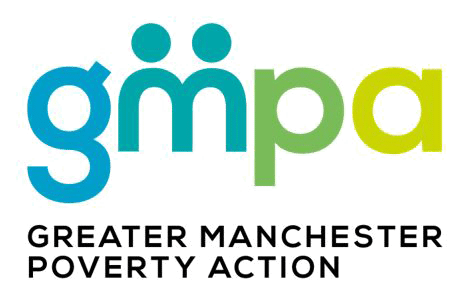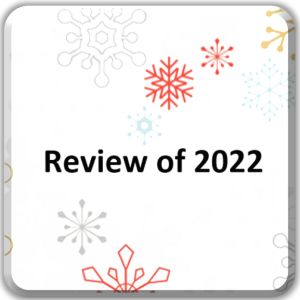Graham Whitham, Chief Executive Officer, GMPA
This has been a challenging year for the fight against poverty, with factors outside of our control here in Greater Manchester acting to squeeze incomes and put more households at risk of financial hardship. As we have been saying all along, there has been a poverty crisis in our city region and other parts of the UK for years. For many, the cost-of-living crisis is compounding an already dire situation in which it is impossible to make-ends-meet. We have seen first hand this year, just how challenging things are for people.
In spite of these challenges, Greater Manchester continues to step up. We now have well over 500 accredited Real Living Wage employers in the city-region – a fact we celebrated during Living Wage Week in November.
There’s more political will to tackle poverty than ever, with more of our ten councils working with partners to introduce anti-poverty strategies. We’ve been pleased to see Bury Council, among others, adopting many of our recommendations in their strategy. Others, such as Salford and Tameside councils are voluntarily adopting the socio-economic duty, something GMPA is encouraging all public bodies to do. The duty is all about understanding the impact of decisions on people experiencing poverty.
Effective implementation of the socio-economic duty requires organisations to take into account the views, experiences, expertise and perspectives of people with lived experience of socio-economic disadvantage. Doing this effectively means going further than simply consulting people. Poverty Truth Commissions are a positive way of embedding the principles of meaningful engagement and we have been proud to run the Tameside Poverty Truth Commission (TPTC), which came to and end in November, at GMPA. You can read more about the TPTC and the recommendations coming out of it later in this newsletter.
There has also been growing interest in the ‘cash-first’ approach to poverty that GMPA and others, including the Independent Food Aid Network and Trussell Trust, have been advocating for. This means defaulting to giving people on a low income money as opposed to ‘in-kind’ support such as food parcels and energy vouchers. We know that this is the most effective way of supporting someone experiencing or at risk of financial hardship. It has been good to see Wigan and Oldham councils, among others, championing this approach.
On this theme, our Cost-of-living Crisis Conference in October brought over 100 delegates from across the city region and 30 speakers from across the UK together to focus on local and practical monetary response to poverty. As well as exploring cash-first approaches, sessions focussed on benefit uptake, the Real Living Wage and supporting people to avoid problem debt.
At GMPA, we have continued to grow the team so we’re better able to support the fight against poverty across the city-region. Our programme offer in 2022 has included Money Matters. Money Matters is piloting the provision of benefits and debt advice in schools. It is helping us to reach dozens of parents in the Stretford area who might otherwise not have sought help. The financial gains (i.e. through additional benefits claimed) we have secured for parents through Money Matters currently stands at £50,000, with several months of the programme left to run.
We have also expanded our Money Advice Referral Tool (already in place in Oldham and Tameside) programme to a further four boroughs (Bury, Manchester, Trafford and Wigan). The Tool describes all the places that people can go for advice and other income maximisation support.
We have seen the difference the toolkit makes for organisations and service users. For example, a frontline family intervention worker in Tameside had been working with a client who is not allowed to hold a bank account presently. Through utilising the toolkit, the family intervention worker was able to refer the client to an organisation that could support her. In doing so, she disclosed she struggled with debt problems, and using the toolkit the family intervention worker was able to facilitate debt reconciliation.
Throughout 2022 we have continued to support the network with our regular newsletters. In addition, one of our biggest activities this year has been the launch of the Greater Manchester Poverty Monitor 2022. This resource details statistics relating to poverty from across the city region. Where possible, data is presented at a ward or neighbourhood level. We know organisations have been using this data to make a case for their services, target support and residents and inform funding bids. Supporting the network in this way is central to what we do – please keep letting us know how you are using the Monitor.
Finally, GMPA, along with others, continue to make our voice heard on the need for national action to end poverty. This includes increasingly raising our voice in the media.
We know that to end poverty in Greater Manchester will require action from national government. It is not sustainable to have millions of people struggling to afford food or put the heating on. Nor is it sustainable to expect charities and local public sector organisations to pick up the pieces. Regardless of what is happening with inflation or the wider economy, everyone should be able to afford a decent standard of living year in, year out. It should be a national ambition, led by central government to make that a reality.
Thank you for your ongoing support.
With best wishes for the festive season and for 2023.
Graham and the team at GMPA





